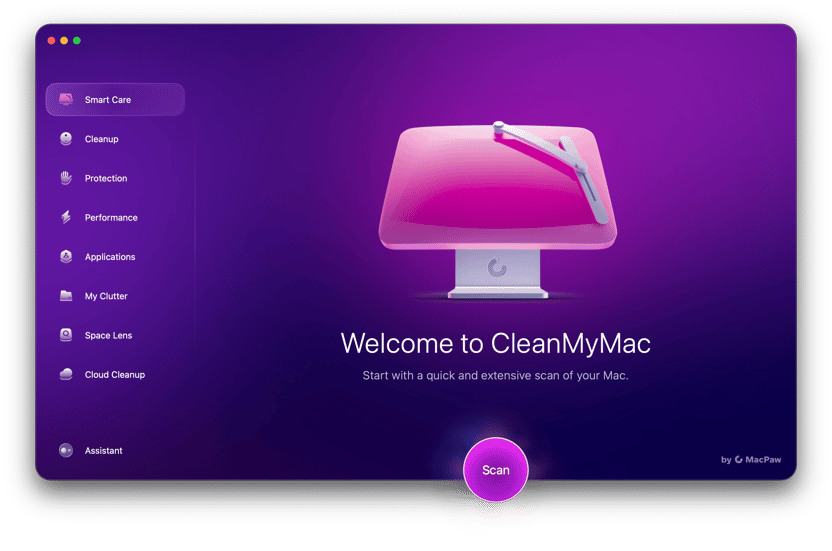Productivity should be the word of the year: everyone talks about it and everyone wants to achieve it. But how? We try to change our daily routines, build good habits, and use all those fancy planners. But still, procrastination seems to be winning.
So, we decided to gather some really useful productivity rules (without all the annoying “just don’t get distracted” tips that don’t work) and arrange them into a Procrastinator’s Bible — your go-to inspiration source to get things done. Enjoy!
1. Make a task you hate more bearable — write a checklist!
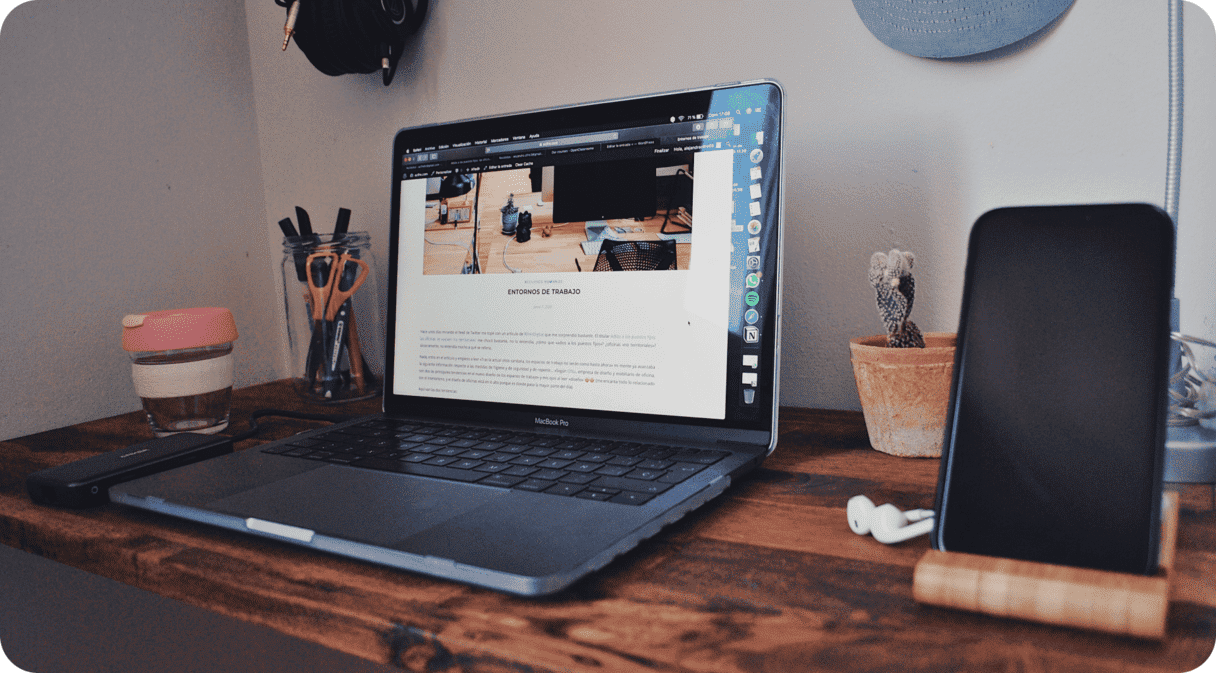
Productivity gurus can’t stress enough the importance of lists. Making to-do lists isn’t everyone’s cup of tea, so if you don’t like writing things down every morning, we suggest taking a different approach: create a checklist for something you hate doing.
It can be anything: cleaning your house, doing the laundry, or working on a PowerPoint presentation. If you create a checklist of things you need to do to complete that dreaded task, you won’t feel the urge to get distracted.
We often distract ourselves when we’re facing a complex task or challenge. Having a checklist at hand will help you focus on the little steps of your project or errand and finish it on time.
2. Prioritize your day
Procrastination happens when you have too many tasks and have to figure out how to juggle them. As a result, you end up scrolling through your Instagram feed because you don’t know where to start.
Your day may consist of numerous huge and small tasks, but you can’t do everything. The key is prioritizing your work. There is a great approach that could help you set your priorities straight for the day. It’s called the ABCDE method.
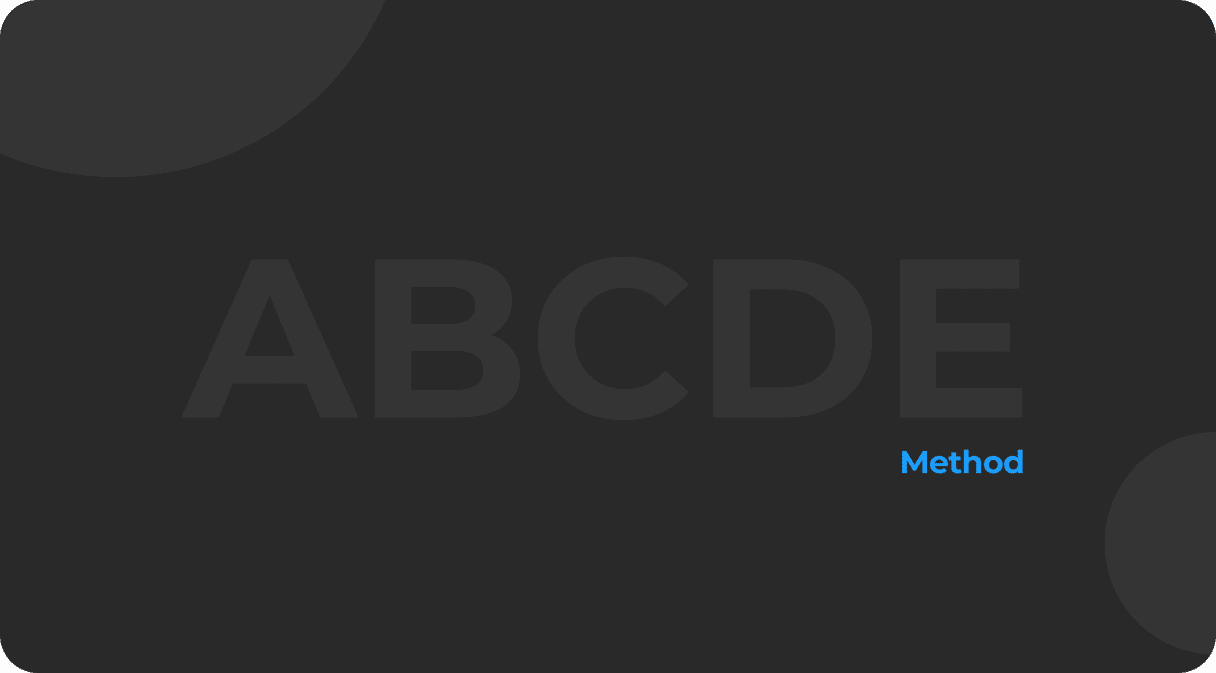
3. Declutter your desk and your Mac
Keeping your desk free of distractions is the easiest way to overcome procrastination. When you have many unnecessary things lying on your desk, it’s easy for your mind to wander and get distracted. To prevent it, assign a little home for every item you keep on your desk.
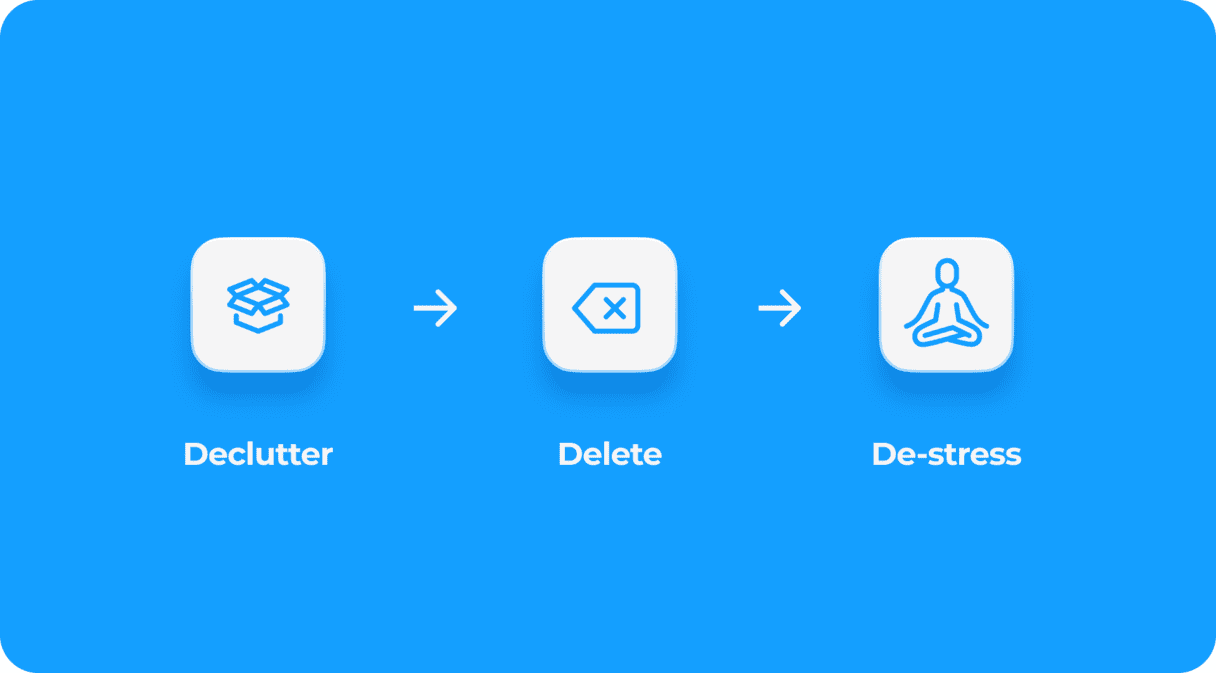
Also, put away your phone. Did you know that even the presence of your phone on your desk can reduce your brainpower? Just hide your phone somewhere where you can’t glance at it, and you won’t go checking your messages the next time you feel bored.
Another thing that needs to be decluttered is your Mac. System junk that accumulates as you use your machine clutters your storage and can even slow down your whole Mac. When it comes to Mac cleaning tools, CleanMyMac is the best of its kind. It clears your Mac without deleting anything system-related and speeds up the whole system. Download a free trial to try it for yourself.
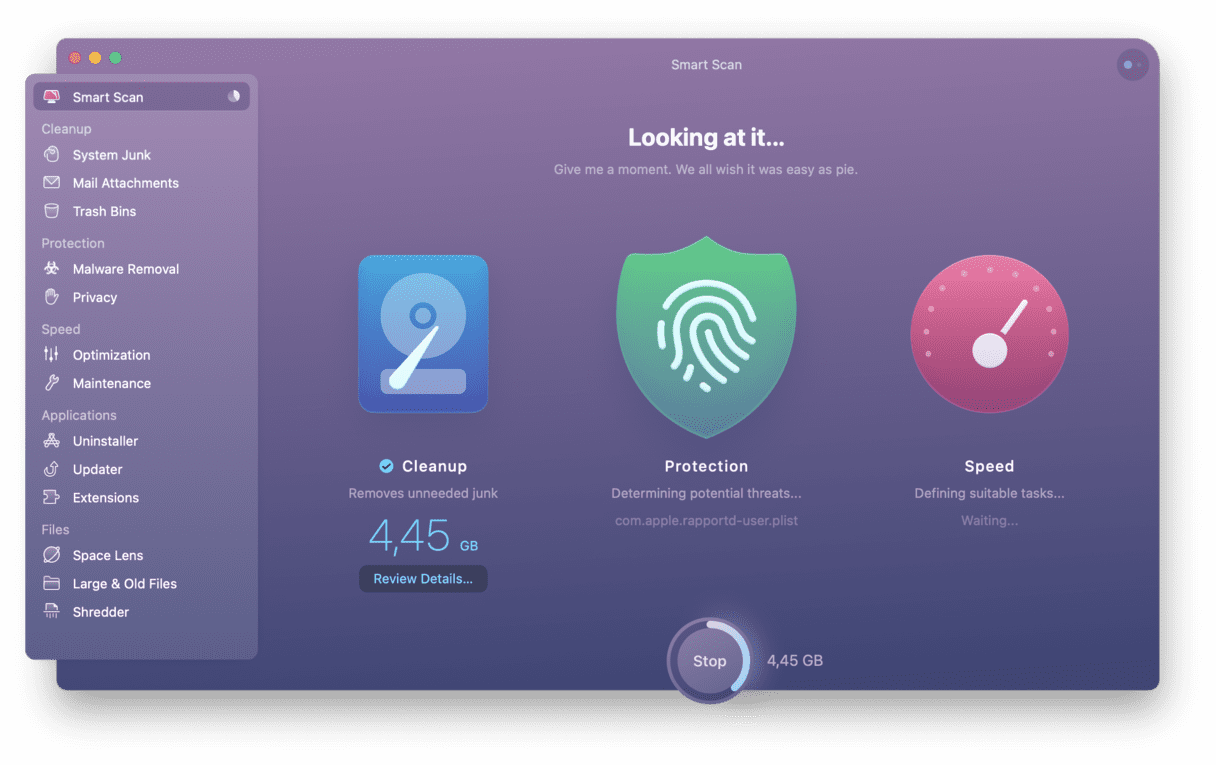
4. Set boundaries
Not only is your phone a distraction, but people around you can also affect your focus. While working, it’s important to make yourself less accessible to other people. Close the door to your room if you’re working from home. The bulky headphones can help you look occupied and inaccessible.
It’s also helpful to block off time in your calendar. If you know that you need those two hours to finish that particular task, write it into your calendar, so your colleagues can see that you’re busy.
5. Break down long-term goals into smaller tasks
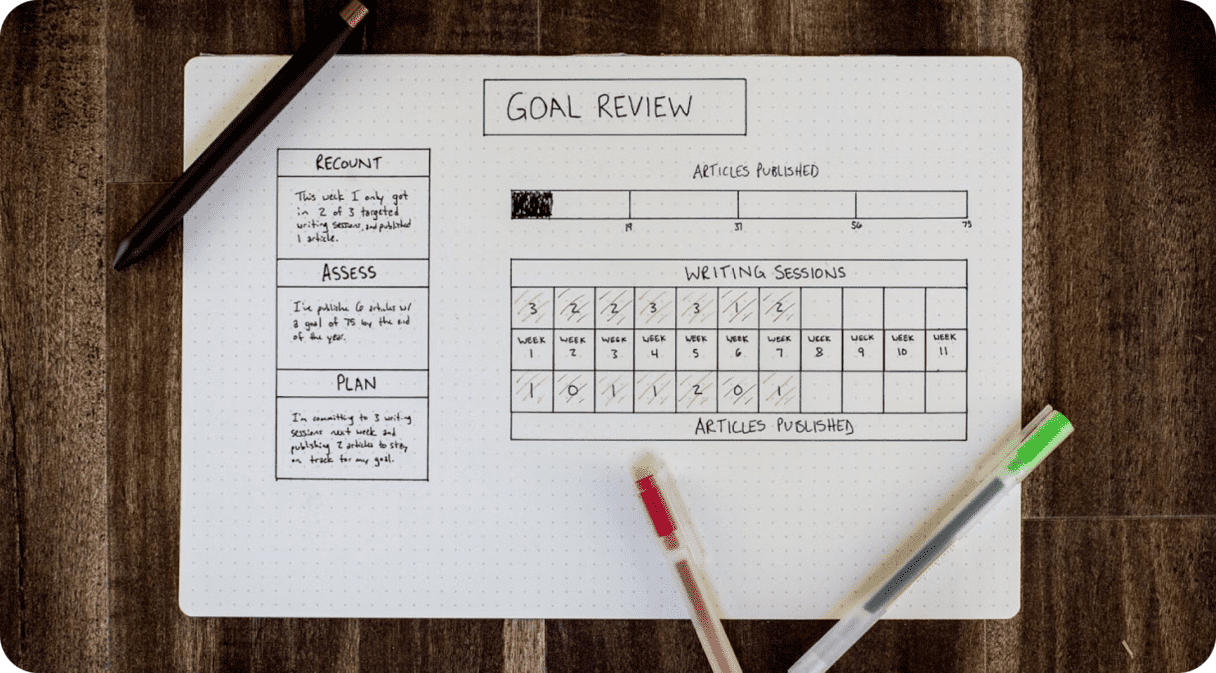
If you are scared of big goals, you’re not the only one. Big goals seem overwhelming and unattainable. The real reason they scare us is that they often lack details: it’s not always apparent what actions we should take to perceive them.
To make your huge goal more realistic, try to divide it into smaller goals or steps. For example, if your goal is to write a book, the first step can be “research a topic,” then “write an introduction,” followed by “write the first two chapters,” etc.
6. Plan your distractions
In his book “Deep Work: Rules for Focused Success in a Distracted World,” Cal Newport shares a tip: plan your distractions. If you’re checking your email every 15 minutes, you can assign a specific time to do that without distracting yourself from work.
Take a piece of paper and write down exactly when you can take a break and answer your emails. Try to follow the rules and focus on your work, and if you feel the urge to check that one little thing on your phone, write it down and use your phone strictly at the assigned time.
7. Create rituals
One thing that can help you kickstart your Mondays is rituals. Rituals, such as writing a to-do list or meditating before you delve into work, help your mind prepare for the day ahead.
You can create a ritual that works for you. If you’re struggling to work from home, you can start your day with a walk outside, getting dressed for work, and preparing yourself a delicious meal. What you do as your ritual actually doesn’t matter; what does matter is that it should symbolize the end of one activity and the start of another, so your brain can prepare for the switch.
8. Keep an accomplishment journal
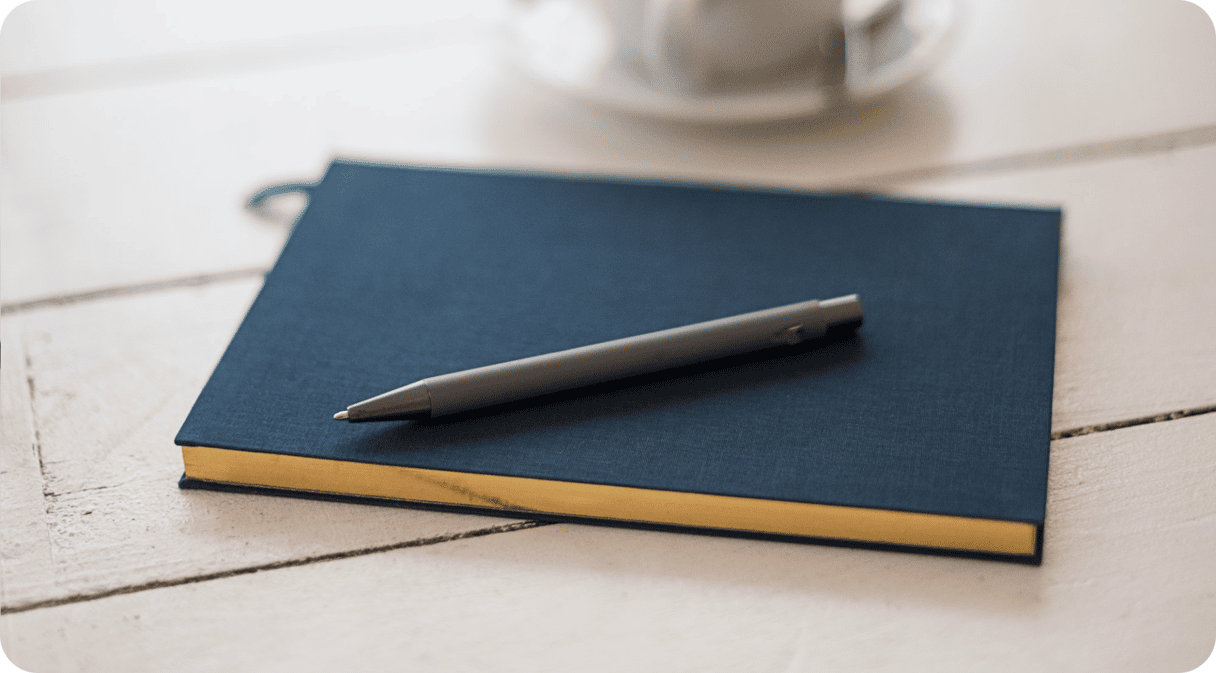
The human brain is wired to focus on failures and negatives. Although it can be helpful to reflect on the things that went wrong and correct mistakes, it’s hugely important to acknowledge your victories.
The best way to remember your successes is to keep an accomplishment journal. Write down things you’re proud of doing and keep adding your accomplishments to the list regularly. Being your own cheerleader helps you focus on your strengths and positively impacts your self-esteem and personal productivity.
9. Organize your things using note-taking apps
Some people prefer taking notes by hand, while others are more into digital planning. We always have our phones nearby, so having a neatly organized notebook on your device is super helpful.
If you’re looking for suggestions, try using Google Keep, Bear, Things, and Notion. These are great for creating organized lists, labeling your notes, and sharing them with others.
10. Be lazy (sometimes), and don’t feel guilty about it
Many people consider laziness a bad habit. But pure laziness isn’t a thing many of us practice. We believe we are lazy when we spend our time surfing Facebook, checking the news, or watching Netflix shows. Doing all these things requires your focus and attention, so, in fact, your mind is still active.
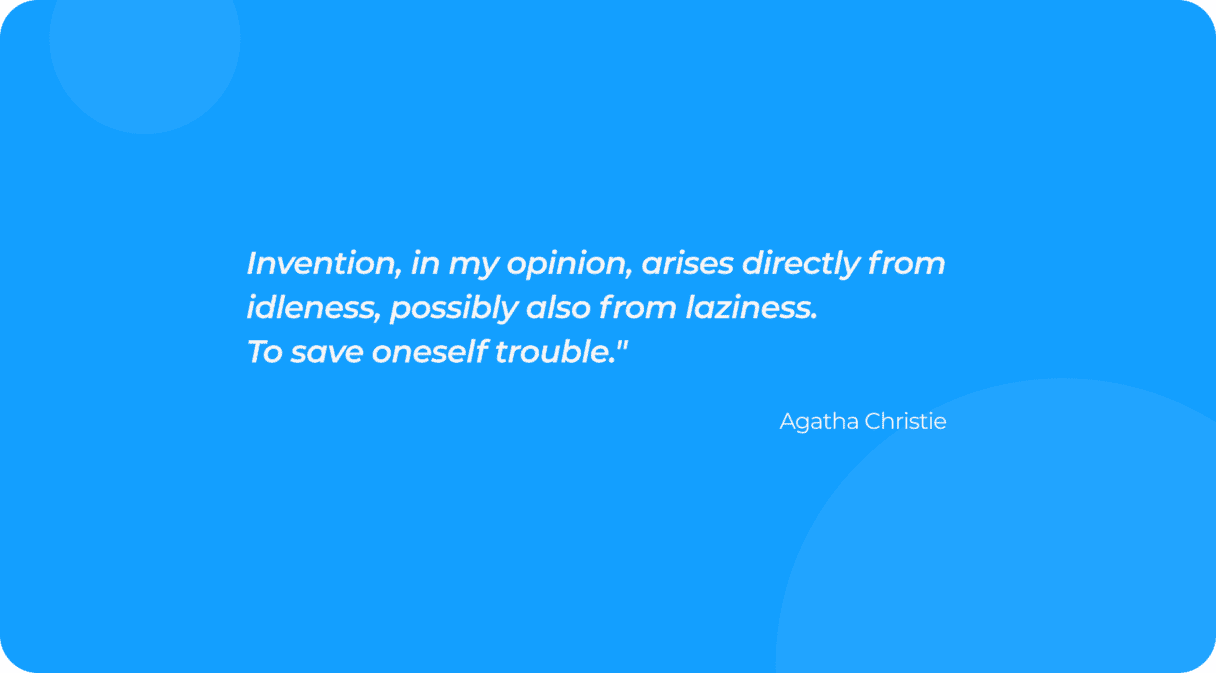
True laziness can be beneficial: it leaves your mind at rest, giving you plenty of time to reflect on your actions and plot your plans. If you want to improve the quality of your rest, try doing absolutely nothing and don’t ever feel guilty about your idleness.
Hopefully, these productivity commandments will help you beat procrastination and become more intentional with your actions. But don’t underestimate the power of good rest — putting zero pressure on yourself and letting your mind wander as long as it needs to will help you regain energy and focus.




